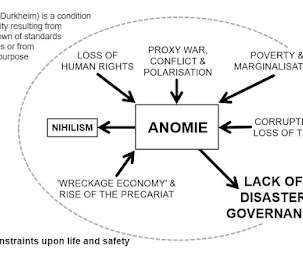The SSD Trap: How a Storage Solution’s Reliance on SSDs Can Impact You (Part 1 of 2)
Pure Storage
MAY 10, 2024
The SSD Trap: How a Storage Solution’s Reliance on SSDs Can Impact You (Part 1 of 2) by Pure Storage Blog As quad-level cell (QLC) NAND flash media continues to expand its prevalence into storage systems, we’re seeing increased cost-effectiveness of SSDs and with that, a drop in the deployment of traditional HDDs.












Let's personalize your content